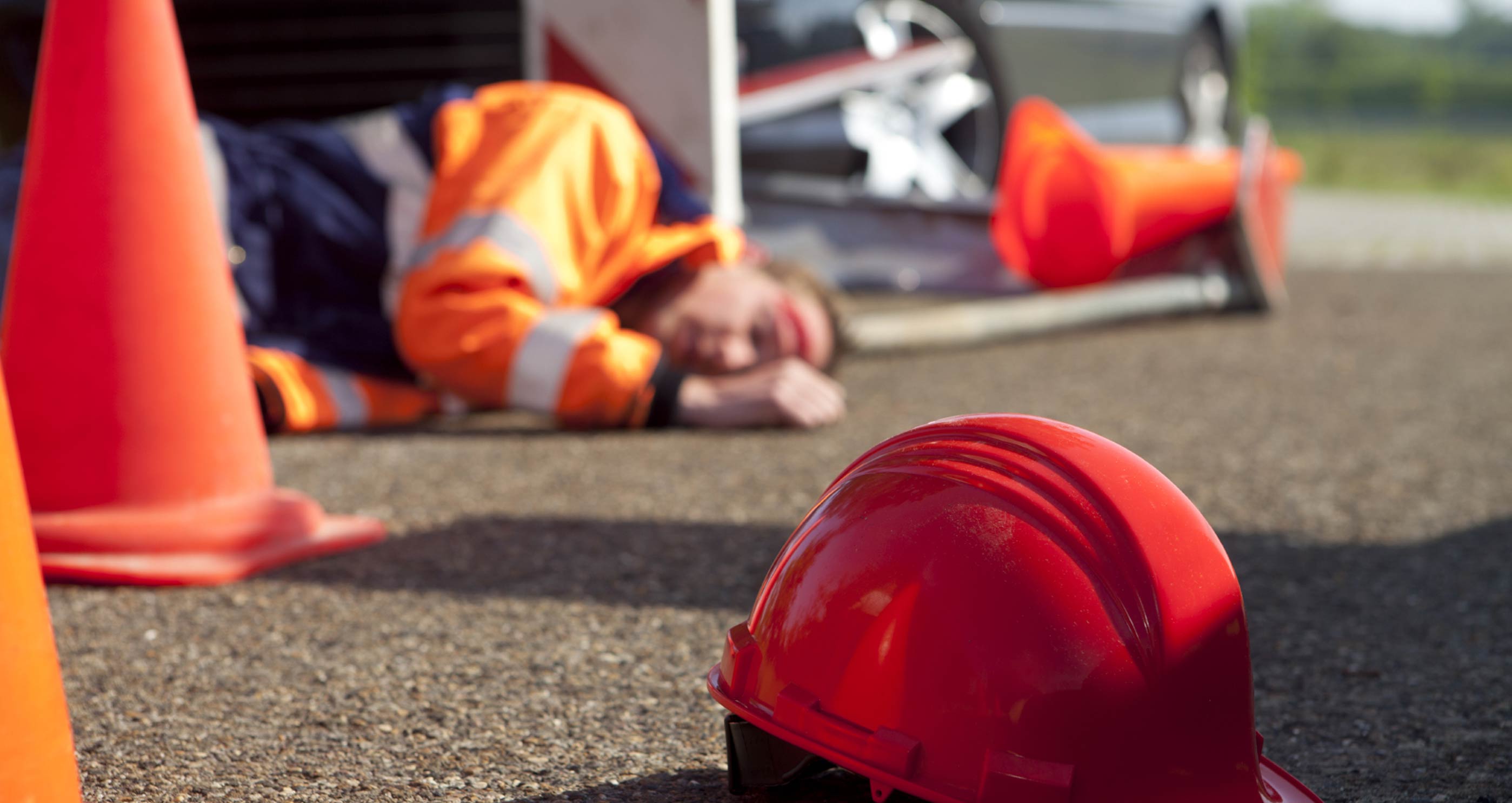11
Jun
LEGALITIES
in
Comments
LEGALITIES
It’s a valid concern to ask what you might be legally liable for if you give first aid. Generally, as long as you act reasonably and prudently when you give first aid, you don’t need to worry about being sued. In fact, most regions in Canada explicitly encourage bystanders to give first with called Good Samaritan laws. In Ontario the Good Samaritan Act is Ontario Bill 20 2001) The law protects citizens and medical professionals who act in good faith to give emergency assistance to ill or injured persons at the scene of an emergency. This is your incentive to place your fears and reservations for involvement aside. Exercise common sense and, based on your skill level and training, do what is reasonable. The law is on your side! Your good intentions are most important.4 Good Samaritan Principles
- Consent – A first aider requires consent to assist a conscious casualty. If the casualty is or becomes unconscious, consent is implied. If the casualty refuses your first aid and you are concerned for their well being call 911.
- Scope of training – If you do assist, use reasonable care and do not exceed your level of training.
- Good intention – First aider must have the intent to help, not hurt the casualty. First aider cannot request monetary compensation for providing first aid.
- Abandonment – Once You Start, Don’t Stop! You have no legal obligation to help; a moral obligation should hopefully encourage your involvement. Exceptions involve persons whose occupations include lifesaving duties (i.e. lifeguards and paramedics). The legal responsibility to provide assistance applies when you are involved in a motor vehicle accident. You are to at least activate EMS if no other help can be administered. Your obligation is to provide help until EMS arrives. Unless you are unable to carry on due to fatigue or a hazard endangering your safety, you must continue providing aid.

